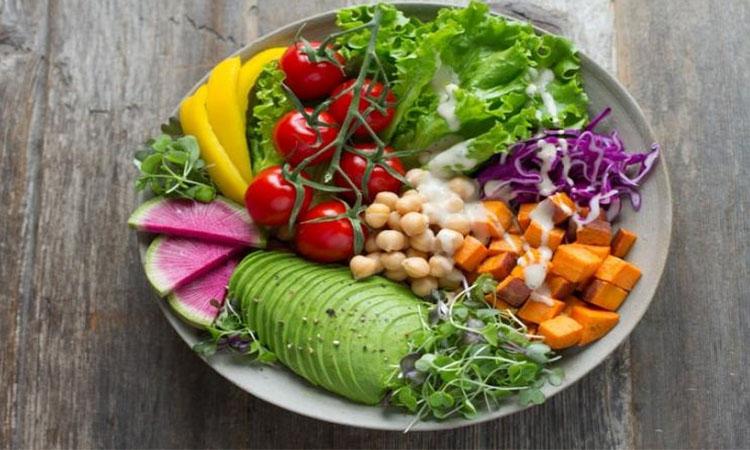Monsoon comes with its own sets of concerns. While building on immunity has been the topic of discussion for the past one year, monsoons tend to affect the immunity and the body is susceptible to health issues and prone to infections.
Mumbai based Nutritionist and Lifestyle Educator Karishma Chawla shares a Monsoon food guide and how one can include the right foods to boost one's immunity this season and keep them warm.
Sharing a few guidelines as hereunder:
1. Add immune booster foods
2. Keep hydration levels high.
3. Add garlic, turmeric in daily foods to enhance immunity
4. Add a probiotic -- yogurt in the diet
5. Include warm foods like protein -- lean meats (egg whites and chicken) and fibre -- fruits and vegetables to keep the body warm
6. Indulge in seasonal fruits
7. Avoid raw foods
8. Wash vegetables well before cooking
9. Make sure to have your multivitamin and antioxidant supplements everyday
10. Make sure to have omega 3 supplement everyday
To do or not to do?
With monsoon comes the unwanted cravings and refined foods, salty and spicy foods are consumed which can lead to water retention and unhealthy body fat percentages. However, it is important to realize, that a season cannot put a break to your fitness goals. Therefore, it is imperative to follow the optimal level plan of fitness which comprises of:
Eating a balanced diet comprising of complex carbohydrates, lean protein and omega 3 fatty acids
Adequate water and sunshine
Regular exercise
Good state of mind- that comes from eating healthy, exercising and spiritual health.
Water retention guidelines:
Keep hydration status high. Thirst is the last indication of the body being dehydrated. If you are well hydrated, you should be urinating about once every 1.5-2 hours.
Add green tea and dandelion tea to the plan- natural diuretics
Parsley and asparagus in food preparations- natural diuretics
Consume calcium rich foods like eggs, low fat milk and milk products and green leafy vegetables
Most importantly avoid table salt
Read More | Covid-19 lockdown reduces ocean noise: Study


















